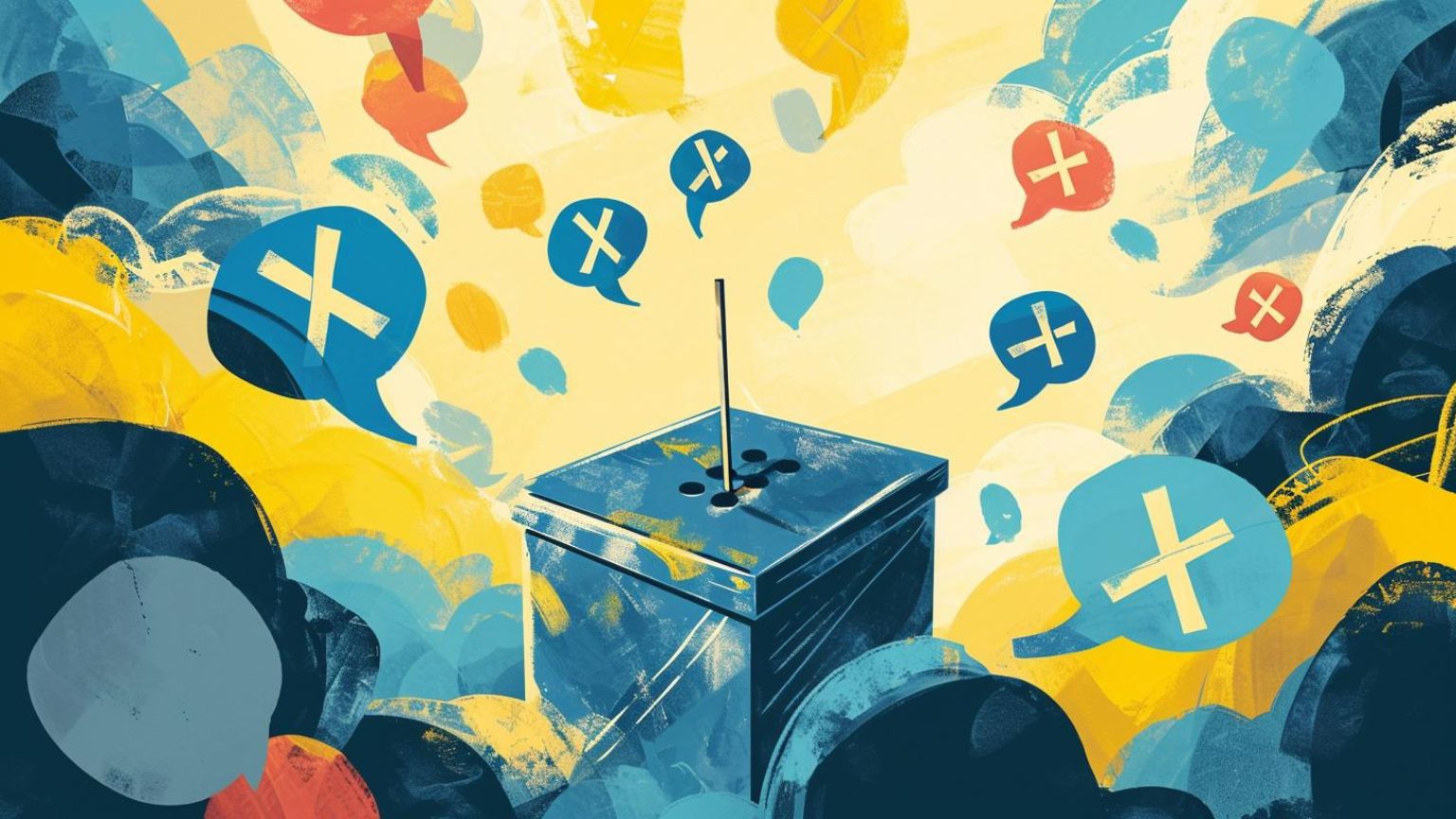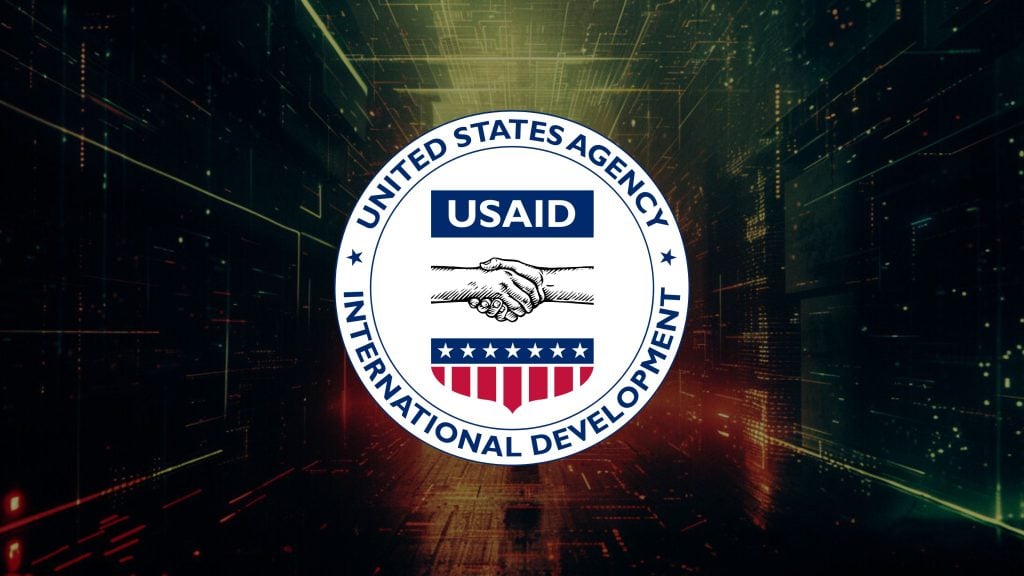A US federal institution is getting dangerously close to advocating for restrictions on speech. We have learned a lot about this from Twitter and Facebook Files, but this time pressure is expressed openly, albeit in a careful and subtle way.
The United States Institute of Peace (USIP), funded by Congress and promoting the country’s interests worldwide on the declared premise of opposing violent conflict, is now taking on the task of helping preserve election integrity by censoring speech.
In its post, USIP is careful not to talk about the elephant in the room, the US election, instead mentioning a number of other votes about to take place in 2024 across the planet.
But it’s easy to see how “recommendations” here – for public and private sector and think tanks to come together in fighting “election disinformation” – once having taken shape and one put in practice in, say, Taiwan or India, can easily be replicated at home.
We have heard this same narrative many times these last months, from many “disinformation warriors” from the ranks of US Democrats and aligned legacy media and NGOs – the year is supposed to be more important than any other around the world when it comes to elections, and, “disinformation,” “AI,” and technology in general (such as messaging apps and social sites) could represent serious threat vectors.
USIP calls this “unmanaged technology” – an interesting euphemism for technology that is not fully controlled. In order to “manage” technology, USIP wants to see “strong collaboration and planning” not only from civil society and what it refers as “peacebuilders” (highly likely counting itself among those) – but also tech companies, and governments.
USIP at the same time doesn’t exactly treat voters as adults capable of critical thinking, but instead says that if its warnings are not heeded and the said players don’t spring to action, election integrity will suffer from (the voters’) “increasing inability to discern fact from fiction.”
USIP mentions, as one of the ways to “address” election misinformation, what a nonprofit called Digital Action is doing – apparently an umbrella organization for as many as 180 civil society groups around the world.
“Digital Action seeks to hold social media companies and governments accountable to protect the integrity of elections,” writes USIP.
Maybe free speech advocates should keep an eye on Digital Action, and if necessary, hold it accountable.






















